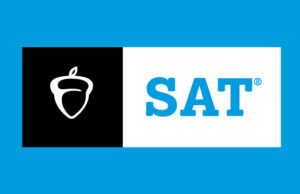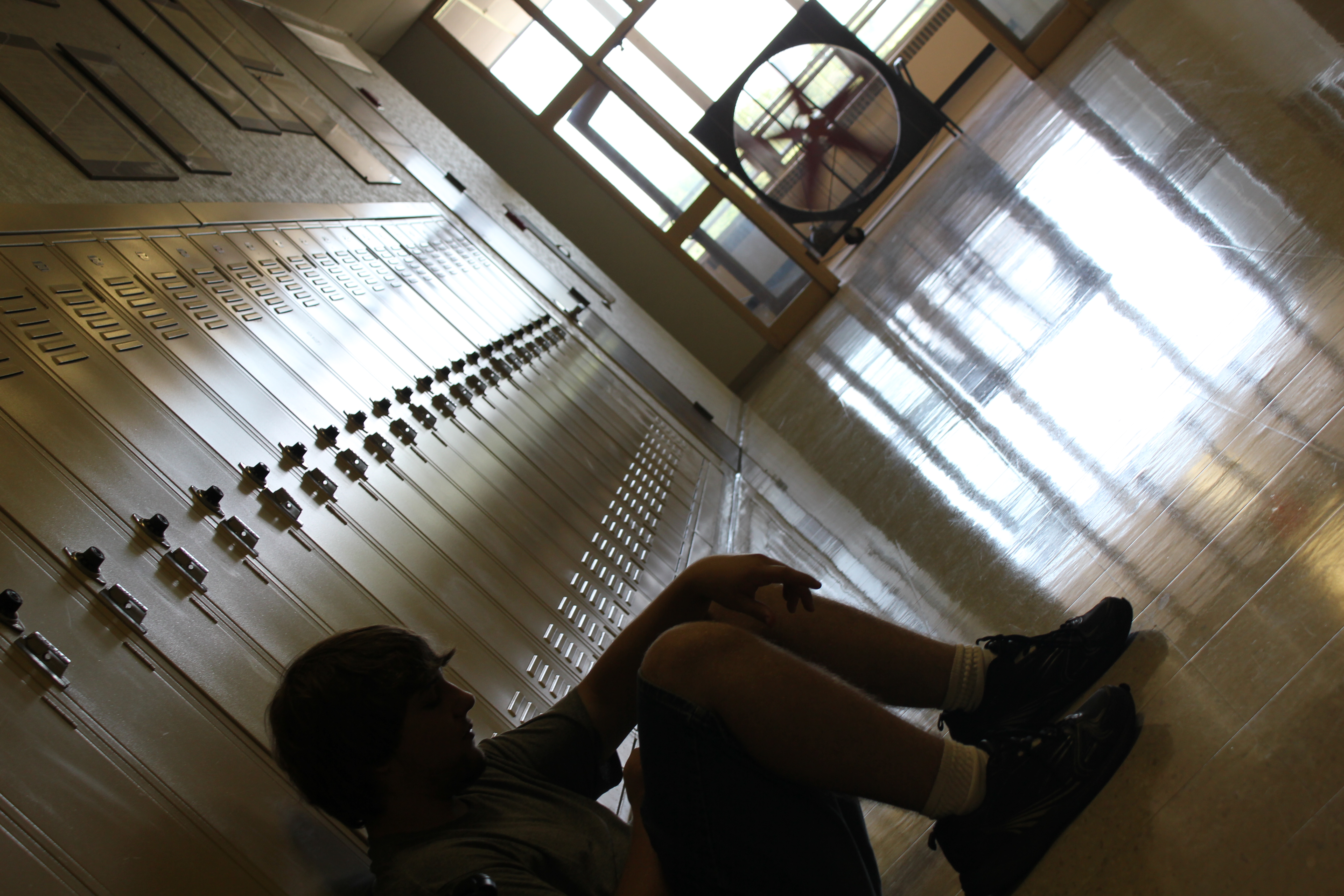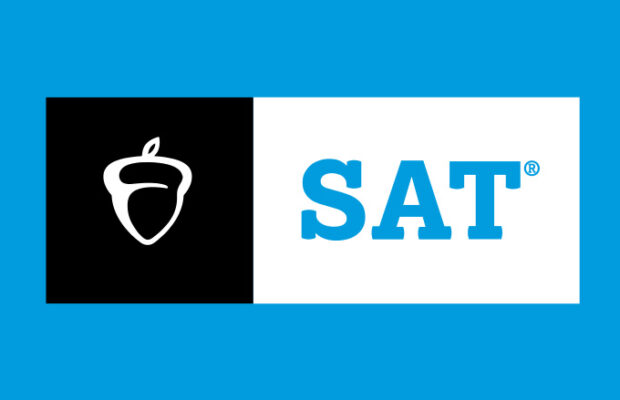‘No Child Left Behind’ raises bar for public schools
By Melissa Ives 2004
Last week, Cedar Falls held a public forum regarding the new “No Child Left Behind (NCLB) Act,” which was passed into law by President George W. Bush last year.
This piece of legislation requires every school across the country to become “proficient” in reading, math and science by the year 2013-2014.
It is up to each state to set its own criteria to determine exactly what “proficiency” means. For Iowa students, every child’s standardized test scores must be brought to able the 40th percentile in the the next 12 years.
In Iowa, No Child Left Behind literally means that no child, regardless of their race, economic status, mental or physical disabilities or level of skill with the English language, can score below the 40th percentile on the standardized tests of the ITBS and ITED.
Superintendent of the Cedar Falls School District Dan Smith said, “The intension (of NCLB) is right on target, but, although I hate to admit it, there will be some kids that won’t make it. This is a very ambitious goal, but it may not be realistic.”
If a school does not meet its state-determined goals for two consecutive years, it becomes stigmatized as a “School in Need of Assistance (SINA).” And, if the school does not improve, sanctions begin to kick in.
“To assume people get better by punishing them is not a good assumption,” Executive Director of the Iowa Department of Education Jan Reinicke said.
After two years with a SINA label, students will be allowed to transfer to any other school in the district, and the school will be forced to use its entitlement funds from the national government to pay for that student’s transfer and re-enrollment.
If a school still fails to meet the standards set after three years, the school must provide supplemental service for its students. Extra classes or tutorials must be offered outside the normal school day or during summer months.
If four years pass and the school remains a SINA, corrective action will begin to take place. Schools will be forced to make decisions: either replace staff, change management authorities, appoint an expert to aid the school or restructure the school day.
As a fifth year SINA, the school will be forced to re-open as a private charter school, replace all staff “accountable” for the failure or turn the operation over to the state.
“You cannot have a one size fits all requirement for every student in every state,” Reinicke said.
She, and other educators, are also concerned that this emphasis on standardized test results will results in narrowed teaching.
In other words, teachers concerned for the future of their own jobs will begin teaching only what they know will be on these tests.
However, Superintendent of Waterloo School District Dewitt Jones has positive things to say about the NCLB legislation. “There are students in every school who have been left behind and deserve our attention,” Jones said.
He also said he feels that this bill sheds well-deserved light on struggling groups of students. “I’m not going to say anything negative about it because this law is starting some big discussions. A lot of people have their shorts in a knot about something they should have had their shorts in a knot about a long time ago,” he said.
Some educators seem to be in an uproar over the issue. Smith said that the national government’s intrusions on education are “unwarranted and an unconstitutional infringement on state’s rights.”
Regardless of the concerns that have arisen, this legislature has become a reality and will affect public education drastically.
Higher demands will be placed on students in the future, and test results will become crucial in determining the future of all schools.
Because Iowa already has such high standardized test scores in comparison to the national average, Iowa students and teachers will be facing even more difficult challenges.









You must be logged in to post a comment Login